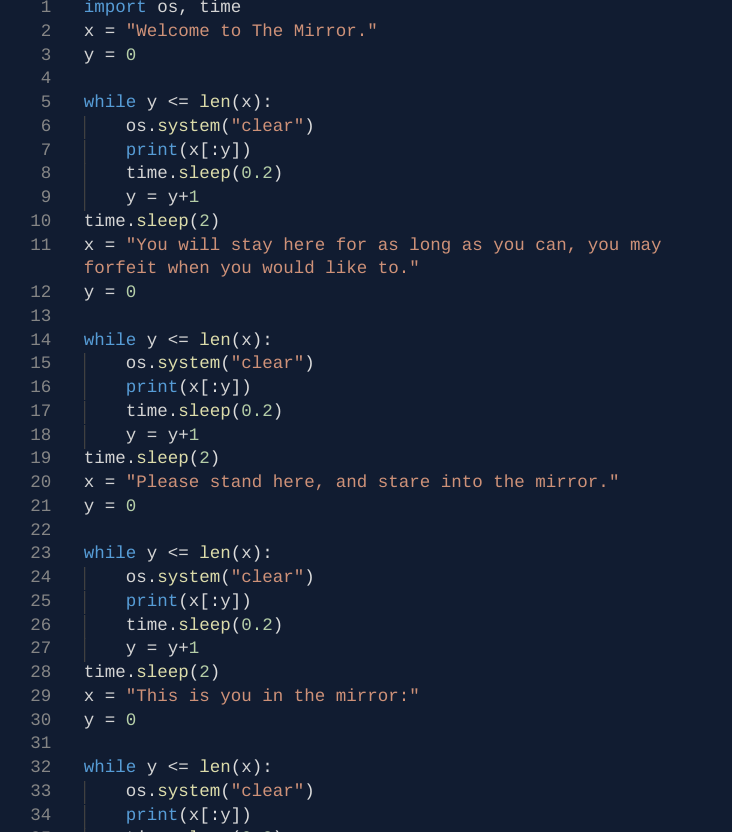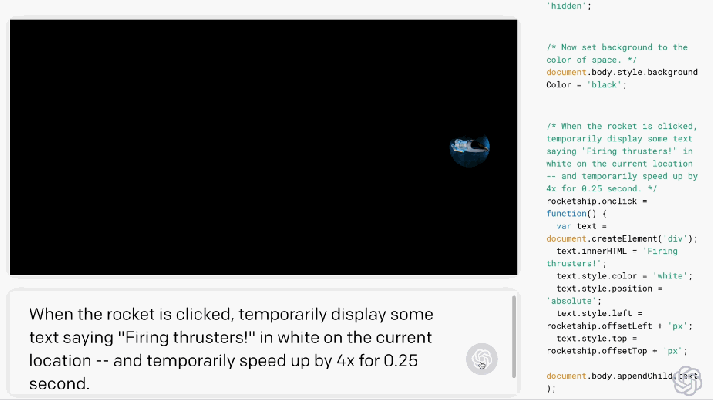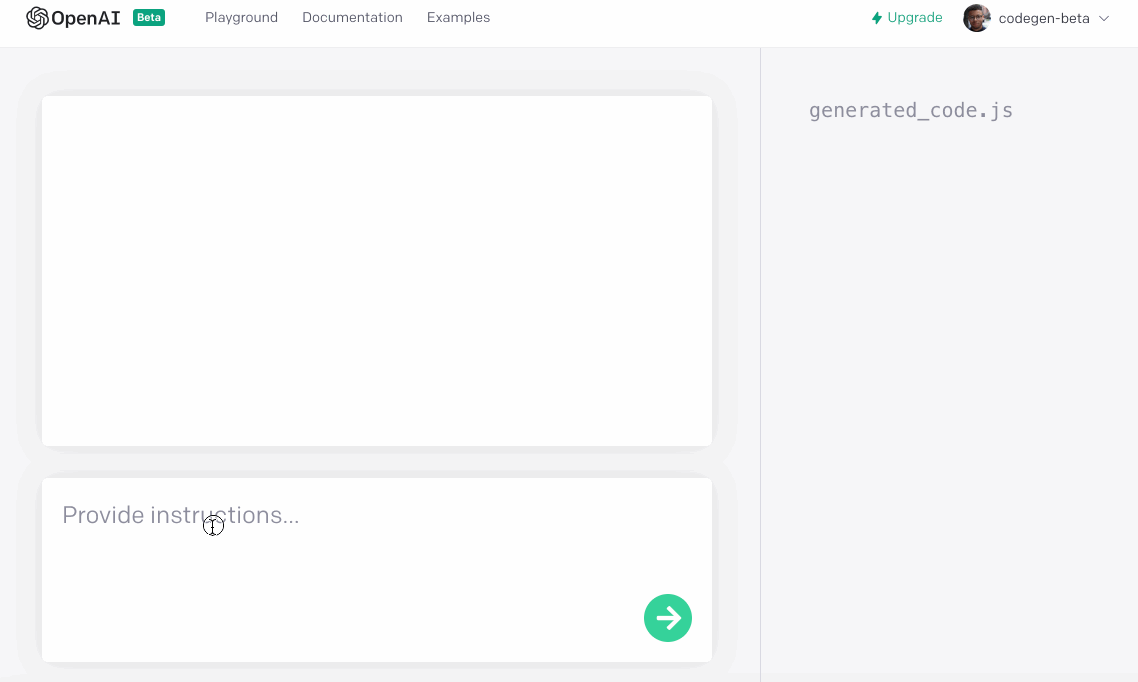What is Code?
Coding is how we communicate with computers. In programming, code is a term used for the statements written in a certain programming language. The code that you write tells a computer what actions to take; it’s like giving the computer a set of instructions. There are many different coding languages, such as python, Java, JavaScript, C++, R, etc., all used for various different purposes, like app development, website design, machine learning, etc.
The following is an example of code from python:

As you can see, learning how to code is like learning a new language. You have to be creative in the way you write your code, while making it efficient and readable at the same time. Coding in any language takes time and patience to master, and it has proven itself to be extremely challenging.
Having said this, is there any easier way to write code without actually knowing the language?
What is Codex?
AI research company OpenAI released a new machine learning tool that translates the English language into code. The software is called Codex. Basically, it is designed to speed up the work of professional programmers, as well as help amateurs get started coding.
Codex is currently available through a closed beta program, which I don’t have access to yet.
OpenAI shows how the software can be used to build simple websites and rudimentary games using natural language.

Users can type English commands into the software, like “create a webpage with a menu on the side and title at the top,” and Codex translates this into code and displays the output.
Codex takes a natural language prompt as input (e.g., “Say hello world”) and generates code for the task it is given. It is supposed to make it much easier for programmers to take care of the mundane parts of writing software, while also performing some tedious tasks, such as rendering web pages, launching web servers, and sending emails.
Here’s how the current interface works:

In field 1, you can enter your tasks, written in plain English (and pretty much every other language). Field 2 shows you the code generated by Codex. Field 3 previews the result.

Look how effortlessly one is able to make a meme:

These are not complicated applications. However, they're tedious and error-prone processes, and they usually require looking up reference manuals, browsing programming forums, and poring over code samples. So, having an AI assistant writing this kind of code for you can save some valuable time.
Co-founder of Open AI Greg Brockman shows how the software can be used to automate commands for Microsoft Word. Codex can feed it instructions in code created from the user’s spoken commands. To give an example, Brockman copies a poem into a Word document and then tells Word (via Codex) to first remove all the indentations, then number the lines, and then count the frequency of certain words. OpenAI says it has tested Codex’s ability to control not only Word but other programs like Spotify and Google Calendar.
Codex is so revolutionary because you give Codex your instructions in plain text. The generated code can be used for your projects by saving you time, enabling more productive work, and being creative. Codex enables everybody to learn and apply code interactively. Codex will not kill coders. Codex allows you to code more efficiently, effectively, and educationally. Codex enables people who don’t code to dive in, try things out, and implement their ideas. Artists, teachers, and many other people whose profession doesn’t involve coding languages will be able to use this software to fulfill their visions. Codex can be a very useful tool for experienced programmers who want an AI assistant to churn out code that they can review.
Final Thoughts: The Future of Code
AI and machine-based learning can automate coding and help programmers write faster and better code. The most important trend in programming for the next decade will be using machine learning and artificial intelligence to automate much of coding.
Software engineers will always be needed. People who are proficient in back-end development will always be invaluable. However, Codex is a great tool for beginners to use to understand the syntax of a specific language as well as a great resource for experts who want to automate the tedious tasks of debugging. If it succeeds, Codex might not only help programmers but become a new interface between users and computers. It can help solve the programmer shortage, rather than diminish the demand of programmers. Codex will never put developers out of a job, but it gives more people the opportunity to understand the meaning behind their code.